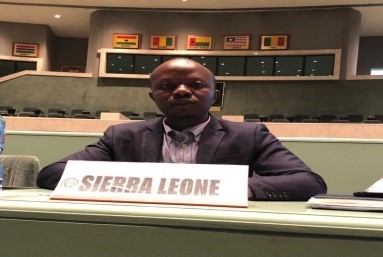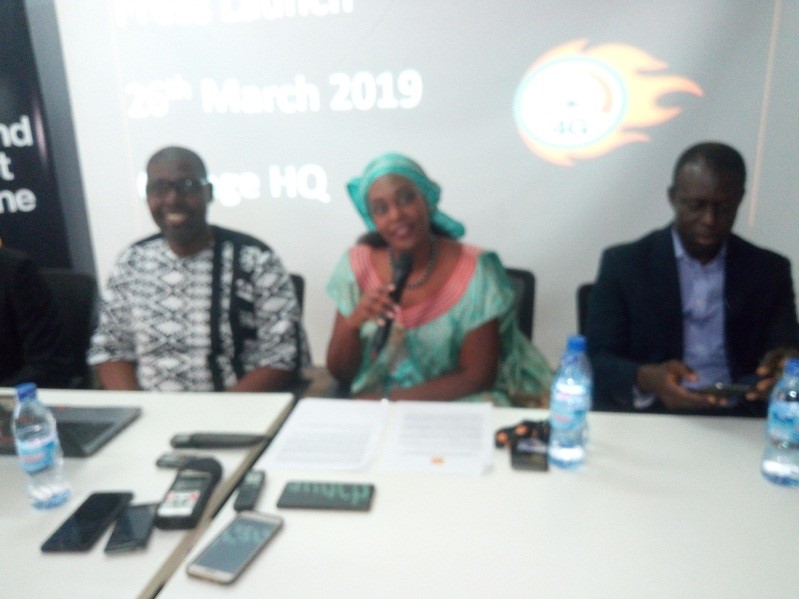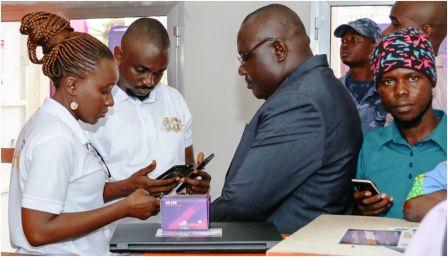Balancing SIM Card Registration: protecting the privacy rights of consumers and combating mobile-aided crimes
In the last two years, the telecom space across the African continent has been producing plenty of hypes within the regulatory discourse on the issue of SIM card registration (for prepaid mobile users) and the objective on the part of national governments to curb crimes perpetrated by individuals with the aid of mobile phones.
Authorities in Ghana, Sierra Leone, Nigeria, Tanzania and Kenya (to name a few) are all considering introducing this “laborious” measure in the telecoms markets of these countries.
The process of SIM card registration has been fraught with difficulties in most of these countries where implementation is underway. Telecoms operators in countries like South Africa and Botswana are already hinting significant decline in their customer base as a direct result of this burden placed on the end-users to register their SIM cards. In Tanzania, where on one occasion or more, the sector regulator has moved the deadline for the registering of SIM cards, the sector operators have observed the failure on the part of mobile telephony users to register hundreds of thousands of prepaid Mobile Directory Numbers (MDNs) or mobile numbers. In Nigeria, a market with over 72 million active MDNs, the operators are complaining of significant problems in obtaining the required information (name, address and biometric) on users of these active MDNs.
The implementation of this new measure in several countries in Africa continues to be marred by disorderliness propelled by indecisiveness and inadequate planning within the regulatory ranks.
The regulators it seems had just totally ignored the reality (institutional, behavioural, cultural and “marketecture”) on the ground in most of these countries. In the case of Sierra Leone, public identification management is an almost non-existent matter with a significant percentage of the eligible population not having a government issued ID card or document. A valid ID card or document should form the basis (starting point) for the proper collection and validation of the prepaid mobile user’s personal data.
The mobile communications market in Sierra Leone is predominantly prepaid, with over 95 percent of the user base using prepaid lines. The hassle-free (no ID, no contract and no bill) nature of acquiring and maintaining a prepaid mobile line is the number one reason for the huge uptake in mobile usage in the country. The users seem to find the registration measure strange and with no incentives for registering their MDNs, the voluntary registration process will continue to be slow-paced.
The SIM card registration drive is not resigned to markets that may be considered as tier 1 (e.g. South Africa and Nigeria) and tier 2 (Ghana and Uganda) mobile communications markets across the continent. Echoes of steps towards this scheme are being heard from policy makers and regulators in tier 3 (The Gambia and Sierra Leone) mobile communications markets across Africa. Overall, the stated aim of this measure is to address criminal activities being aided with the use of mobile telephones. These activities include kidnap for ransom, mobile theft, SMS scam, illegal threatening phone calls, etc.
The continent is seeing diverse array of requirements (mobile users) being mandated by the different regulatory authorities within the individual countries in trying to fulfil the governments’ objectives for the registration programs. Some of these mandates include the requirement for operators to capture names, addresses, biometric and personal data of mobile users. Several civil society organizations and consumer advocacy groups (in Nigeria and Ghana) have been equivocal in their opposition to this measure. The public airwaves and print media have seen well-orchestrated dissonance to this measure in Ghana and Nigeria and the main concern is bordered on privacy issues and the protection of individual privacy rights. In the future, my take is that some of the smaller markets will follow suit in their dissent to this measure when actual acts of violations or infringements on personal privacy become unbearable for the masses. How about the option of registering the IMEI or the mobile telephone itself?
Nevertheless, sector regulators may have to rethink their overall strategy in aiding governments to combat crime (electronic-aided) and the need to safeguard and protect personal data from being misused by the authorities and even the operators. The data collected from the mobile users cannot be used for anything other than the use or purpose intended. The ownership of this data should be with the mobile user and in order to access (by law enforcement) such information, there must be a formal judicial request from the judiciary.
In fact, the sector regulators may need to employ an approach that can see this exercise being sequenced in a similar way we have seen overall sector reform across the continent. The authorities should consider providing the requisite legal and regulatory frameworks as the foundation for this measure.
The collected data on a mobile user that disconnects (voluntarily) his or her service should be removed from the database serving as the repository for this scheme. In keeping with “global good practices”, an operator may place (temporarily) the data in a separate database for quarantine purposes and remove (permanently) after a predefined period. Neither the operator nor the authority should continue to store this information if the registered user has disconnected his or her mobile line. In fact, the government must not be the keeper of user’s information.
In as much as the premise or spirit behind this measure is valid, our governments must not “side-step” the issue of protecting the privacy rights of the mobile user. NRAs – national regulatory agencies across the Sub-Region including Sierra Leone’s NATCOM must unremittingly institute a balance between protecting the privacy rights of consumers and enhancing the national security framework.
By Abdul Aziz Conteh, a Telecommunications engineer based in New South Wales, Australia
Stay with Sierra Express Media, for your trusted place in news!
© 2010, https:. All rights reserved.






